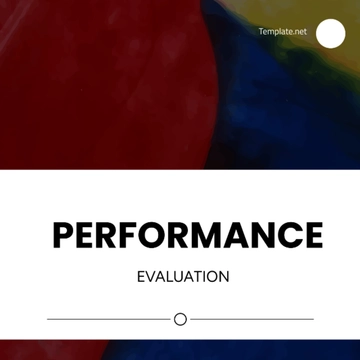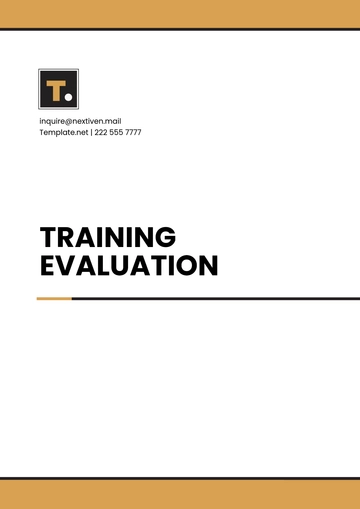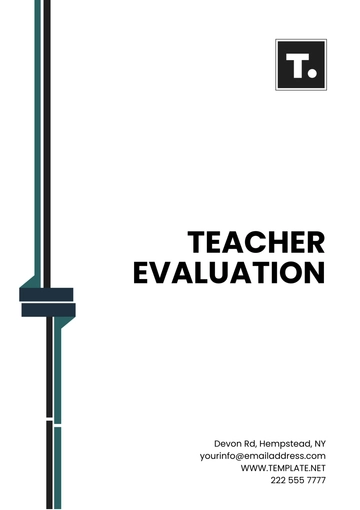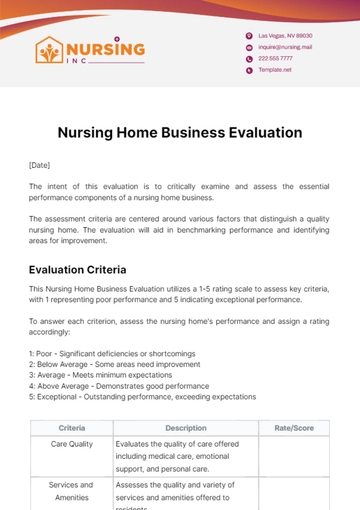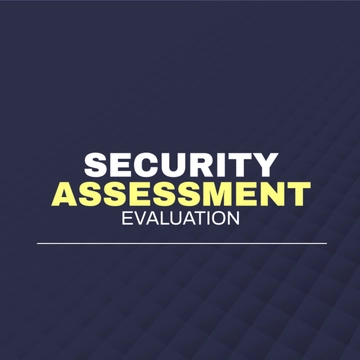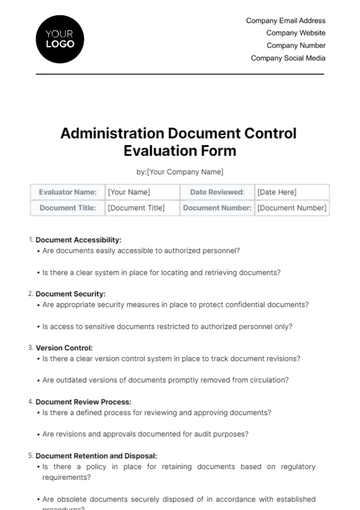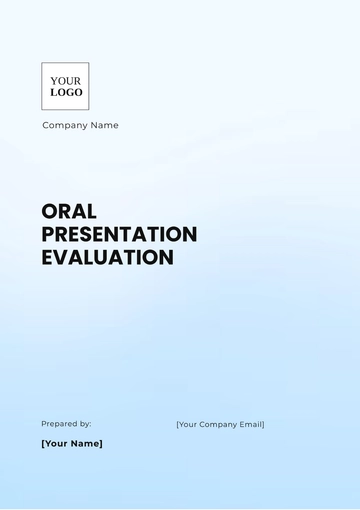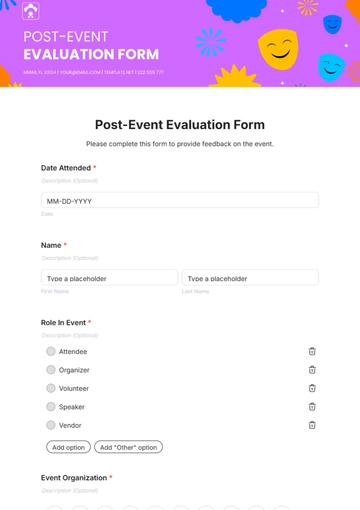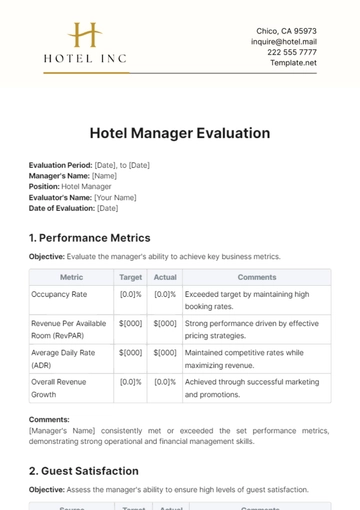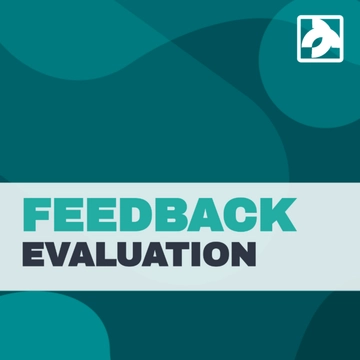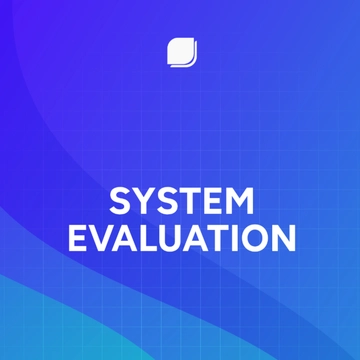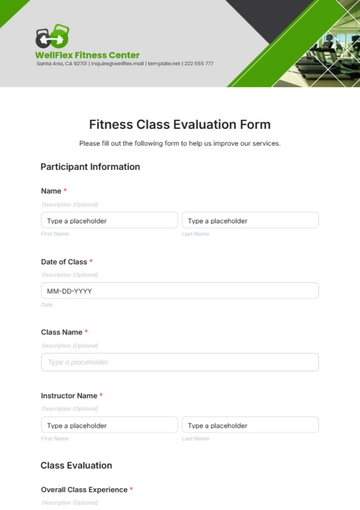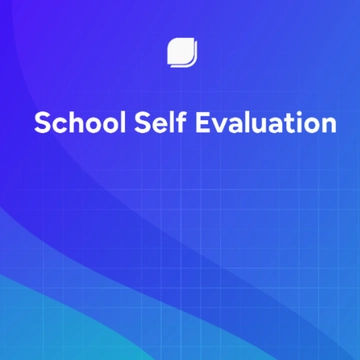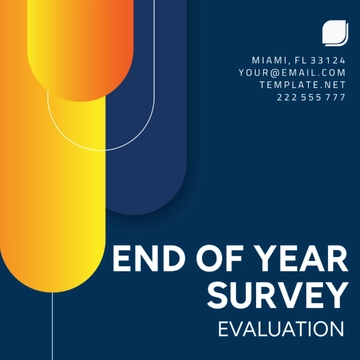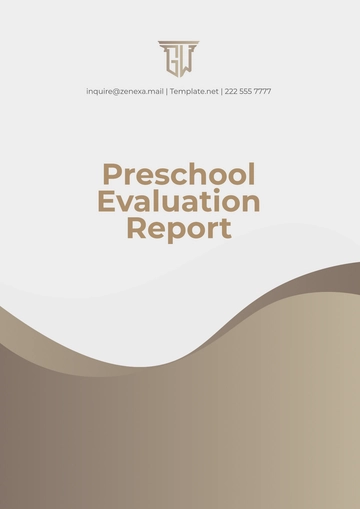Free Pediatric Occupational Therapy Evaluation
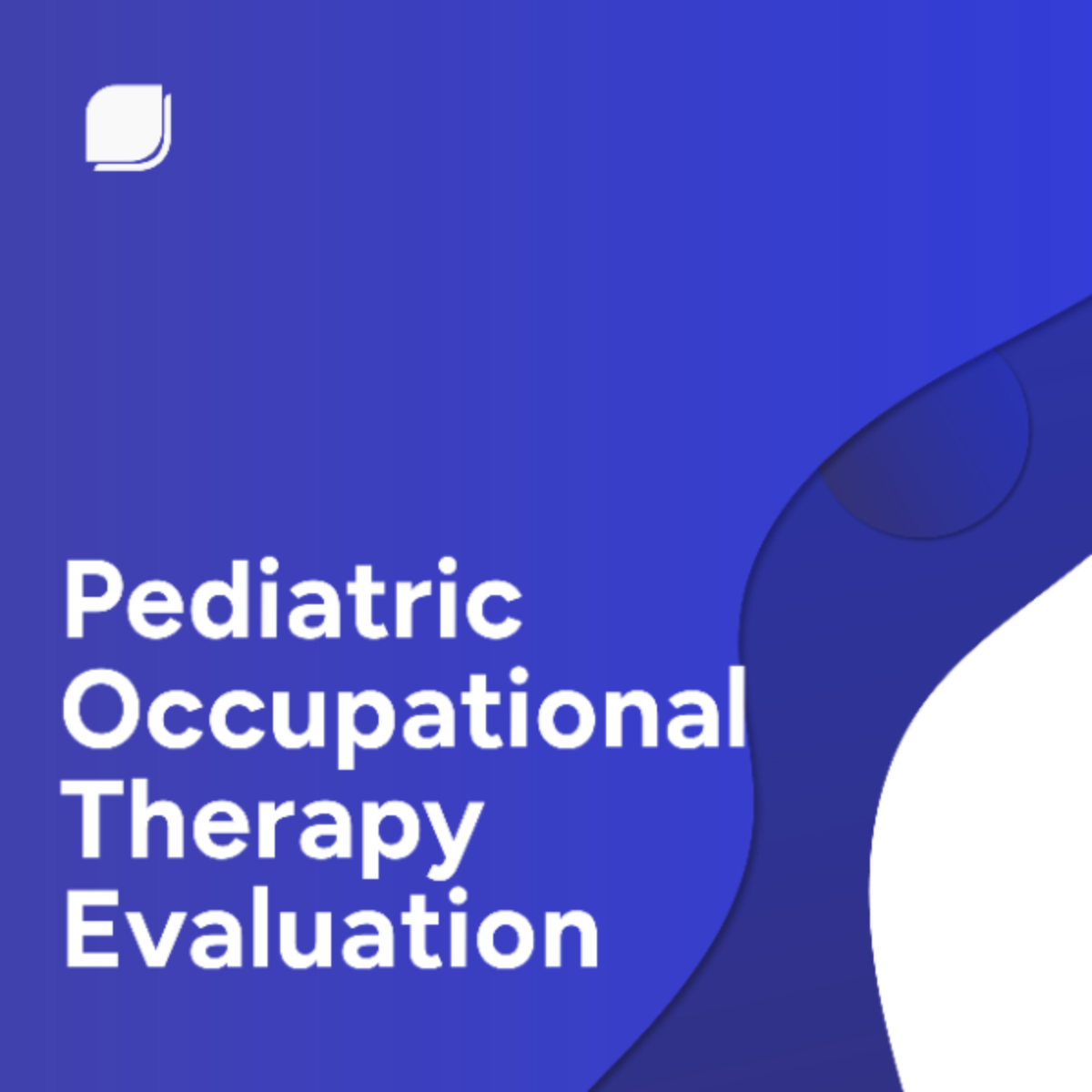
[YOUR COMPANY NAME]
Date: [Date]
Introduction
This document provides an extensive framework for evaluating the developmental progress of pediatric patients undergoing occupational therapy. This form is designed to facilitate objective and quantitative assessments across various domains.
Overview of the Evaluation
We will evaluate the progress of each patient concerning specific developmental disorders or delays, using predefined criteria to ensure consistency in the evaluation process across varying cases and scenarios.
Rating Scale
Utilize a numerical scale or descriptive scale to assign ratings for each criterion. Numerical scales typically range from 1 to 5, with 1 representing the lowest level of performance or need and 5 representing the highest.
Poor: Indicates significant challenges or deficits requiring immediate intervention.
Fair: Signifies moderate difficulties that impact daily functioning and necessitate targeted intervention.
Average: Represents some challenges but with functional abilities within an expected range.
Good: Demonstrates strengths and proficiency in the area being assessed.
Excellent: Reflects exceptional skills or abilities exceeding expectations for the child's age or developmental level.
Evaluation Criteria
Criteria | Description | Rating (1-5) |
|---|---|---|
Sensory Processing | Evaluates the child's ability to process and respond to different sensory inputs including touch, sound, taste, and visual stimuli. | |
Motor Coordination | Assesses the child's gross and fine motor skills and their ability to move and control their body with coordination. | |
Behavioral Changes | Focuses on positive or negative shifts in the child's behavior throughout therapy. | |
Social Skills | Evaluates the child's ability to interact appropriately with others, such as family members, peers, and caregivers. | |
Mental Flexibility | Assesses the child's mental adaptability to changes in routine, challenges, or new learning situations. | |
Practice-based Learning | Measures the child's ability to apply learned skills from therapy settings into daily activities and routines. |
Additional Comments and Notes
Criteria | Notes |
|---|---|
Sensory Processing | |
Motor Coordination | |
Behavioral Changes | |
Social Skills | |
Mental Flexibility | |
Practice-based Learning |
- 100% Customizable, free editor
- Access 1 Million+ Templates, photo’s & graphics
- Download or share as a template
- Click and replace photos, graphics, text, backgrounds
- Resize, crop, AI write & more
- Access advanced editor
Elevate pediatric care with our Pediatric Occupational Therapy Evaluation Template, exclusively on Template.net. This comprehensive tool is fully editable and customizable, empowering therapists to tailor assessments to each child's unique needs. With our Ai Editor Tool, effortlessly modify the template to reflect evolving treatment plans and goals. Streamline evaluations and enhance therapeutic outcomes for young patients.

